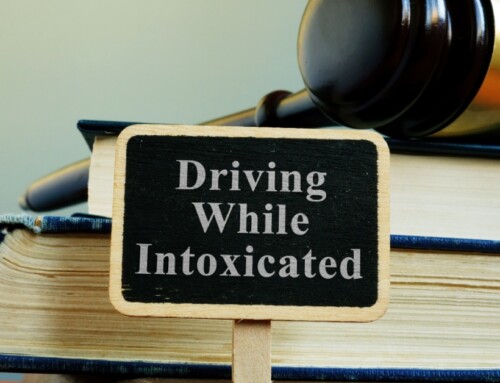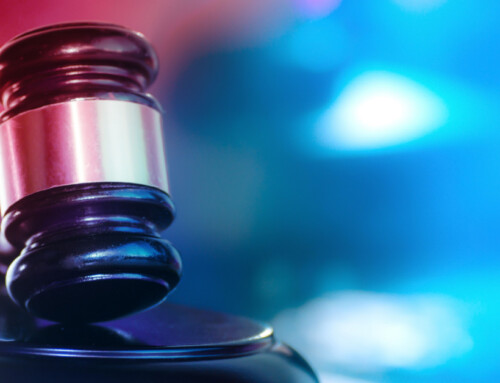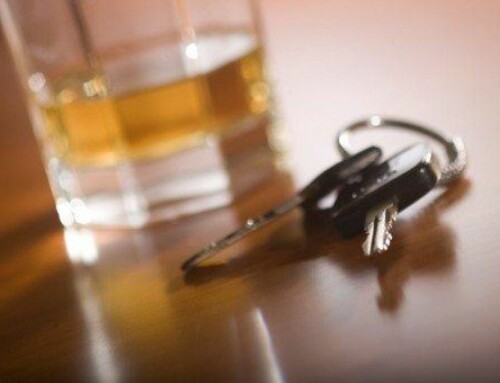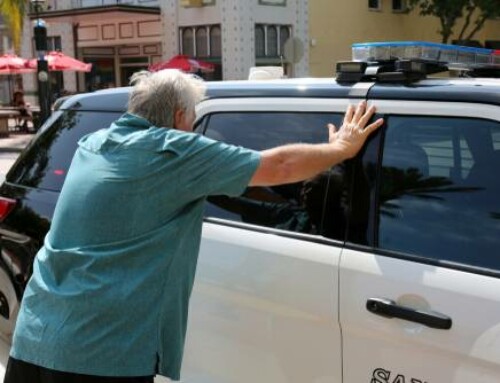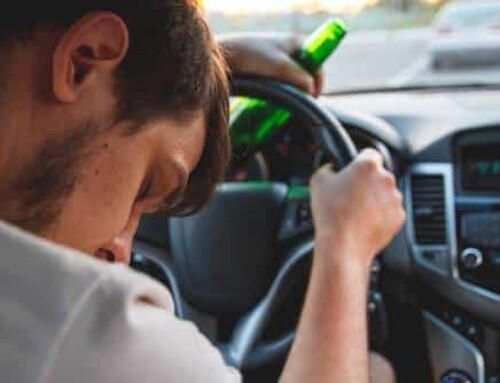As a DUI attorney in North Charleston, SC, I have many clients who were surprised to learn that a DUI arrest was not something that always happened on the open road. A DUI arrest can happen in a parking lot, on a private road, or even your driveway. In this article, I will explain how DUI arrests made on private property are legal, criminal penalties associated with the arrest, and the use of circumstantial evidence in the prosecution of this crime.
Can I be Arrested for DUI If I am on Private Property in South Carolina?
A driver can be ticketed and prosecuted in South Carolina for misdemeanor DUI even though all of the driving takes place on private property. There is no “private property” exception for DUI in South Carolina. If the police can prove beyond a reasonable doubt that a driver’s ability to operate their vehicle was “materially and appreciably impaired” by excessive alcohol, it does not matter whether the driving was on private property. In South Carolina, law enforcement officers have the legal right to investigate and arrest for DUI even if it occurs on private property.
Places where people used to think it was safe to drink without police intervention include:
Golf Courses. You can be convicted of DUI while driving a golf cart. Either the golf cart is categorized as a motor vehicle for DUI purposes or the court stretches the rules because you’re operating the cart in an area open for use by other vehicles – for example on a street, in a parking lot, etc. In other words, even though a golf cart is not considered a motor vehicle for purposes of registration or insurance, it may still be considered as a motor vehicle for purposes of “operating a motor vehicle under the influence.”
Convenience Store, Stadium and Bar Parking Lots. The law does not differentiate between offenses occurring on private property and public roads, especially if the private property is open to vehicular use.
Are the Criminal Penalties the Same If Arrested For DUI on Private Property in South Carolina?
The act of driving under the influence of alcohol does not become less illegal just because nothing happened, or because a police officer did not witness it first hand. Police may be acting on a report from the road. Regardless of where or why the DUI arrest was made, the criminal penalties remain the same.
According to the South Carolina Department of Motor Vehicles,
Criminal penalties for DUI or refusing a chemical test are high in South Carolina. Again, these penalties will be in addition to any administrative penalties. Criminal penalties are greatly impacted by your BAC at the time of testing. The following are the minimum criminal penalties you may face in court for a DUI with a BAC of under 0.16%*:
- For a 1st offense, you may face:
- A fine of $400.
- Minimum 48 hours in jail.
- Maximum up to 30 days of jail time.
AND/OR
- 48 hours of community service.
- For a 2nd offense, you may face:
- A fine of $2,100 to $5,100.
- Minimum 5 days in jail.
- Maximum up to 1 year in jail.
- For a 3rd offense, you may face:
- A fine of $3,800 to $6,300.
- Minimum 60 days in jail.
- Maximum up to 3 years in jail.
- For a 4th and subsequent offense, you may face:
- A fine determined by the court.
- Minimum 1 year in jail.
- Maximum up to 5 years in jail.
NOTE: If you are arrested on suspicion of a DUI/DWI in South Carolina and you refuse to submit to a BAC/breathalyzer test, you will typically receive similar penalties to those above.
*A BAC of over 0.16% will cause higher fines and jail time.
South Carolina Ignition Interlock
An ignition interlock device, which attaches to your vehicle’s ignition system, is used to test your BAC before you start your vehicle.
You will be required to have an ignition interlock device if you are convicted of a 2nd or subsequent offense for a DUI/DWI. If you refuse to have an IID installed when you are required to have one in order to drive, your license will be suspended for 3 years.
All installation, maintenance and monitoring fees will be your responsibility to pay. You must keep your IID in good working order in order to be able to drive. Your IID will have to be inspected by the South Carolina Department of Probation, Pardon and Parole every 60 days.
Can Circumstantial Evidence Be Used in a DUI Arrest on Private Property in South Carolina?
Law enforcement officers can and will use circumstantial evidence in a DUI arrest on private property. For example, if you are in the driver’s seat, with the keys in the ignition, if your car was running, or the engine was hot to the officers’ touch would be additional circumstantial evidence that would be used against you. Simply being in a position to start the engine and operate the vehicle can be cause for the DUI arrest.
Circumstantial evidence was used in a Pennsylvania DUI case again a former state representative:
An officer alleged that Brennan was drunk and said his mother indicated she had watched her son pull into the driveway. Police said there were no alcohol containers in the car.
Paramedics told police they had found Brennan laying behind the car with the trunk ajar and his car keys and a shopping bag nearby, according to court records.
Police observed wet tire tracks in the driveway, leading officers to believe the car had just pulled into the driveway, according to court records.
That being said, the prosecution has the burden to prove you were actually driving at some point prior to the officer arriving and that while you were driving you were under the influence.
DUI arrests can happen in the most surprising places. Being charged with a DUI on private property, even your own driveway has life-altering effects. If you have been charged with a DUI, you will need a solid DUI defense lawyer. Call the Deaton Law Firm and allow me to put my experience to work for you.


